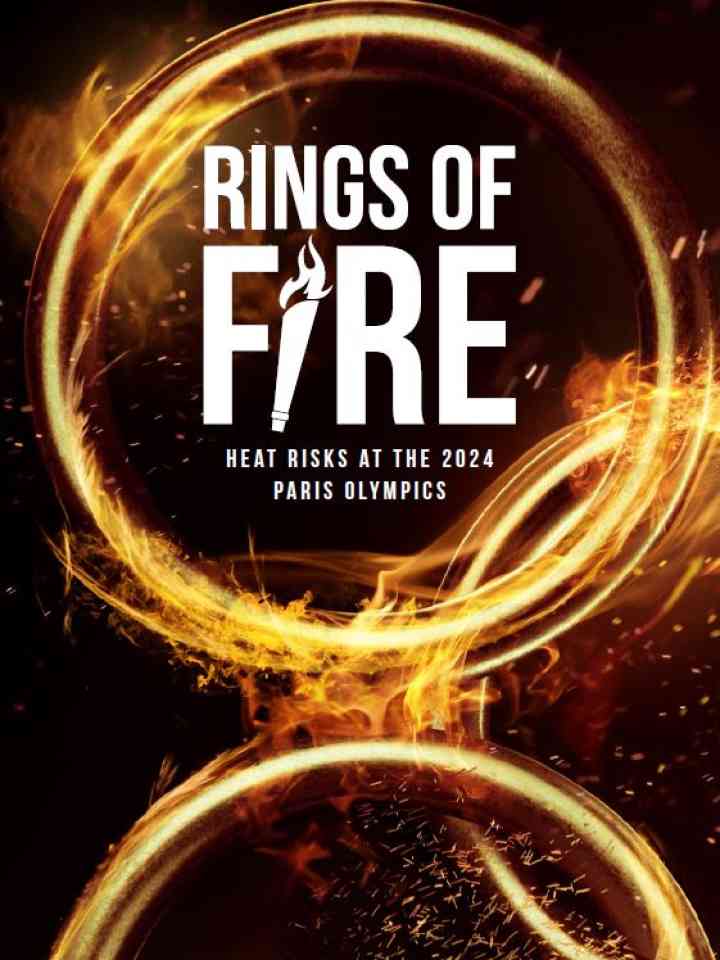Rings of fire: Heat risks at the 2024 Paris Olympics
This report will be published a month out from what will undoubtedly be a memorable Paris 2024 Olympic Games, when once again the world gathers to be captivated by some of the very best of human qualities. Yet amongst this excitement, it's important to recognise that the world of sport - like the wider world around us - currently faces sobering challenges in a constantly changing landscape. For athletes, from smaller performance-impacting issues like sleep disruption and last minute changes to event timings, to exacerbated health impacts and heat related stress and injury, the consequences can be varied and wide-ranging. Whilst global temperatures continuing to rise, climate change should increasingly be viewed as an existential threat to sport.
The Tokyo Olympics offered a window into an alarming, escalating norm for Summer Olympics. As temperatures rose to over 34°C and humidity reached almost 70%, the Games in Japan went on to become "the hottest in history" with condition described as "torturous." Competitors vomited and fainted at finish lines, wheelchairs were deployed to carry athletes away from sun-scorched arenas and the fear of dying on court was even raised mid-match by the Tokyo Games' number two seeded tennis player Daniel Medvedev. This report invited athletes to add their input and contribute to the ongoing conversation – speaking from experience and their position as protagonists in the greatest of sporting spectacles. These are some of their recommendations:
- Smart scheduling: Sporting authorities must take into account heat extremes when scheduling events, avoiding the hottest parts of the day for exposed sports and rescheduling events when needed.
- Keep athletes safe: Limiting heat exposure and having water breaks in training and competition are positive developments but as extreme heat events become more common, organisers need to invest
more in protecting competitors, fans, support staff, workers, and volunteers. - Support outreach: Many athletes do not speak out about heat risks or the environment due to fears of being called weak or being accused of hypocrisy for travelling to events. This needs to change to deliver progress -- athletes must be empowered to speak up about their experience with the ongoing and future impacts of climate change.
